
Now's the Perfect Time to Test Your Soil!
Healthy soil is the foundation of successful gardening. While there is plenty you can know by learning the basics …



El inglés es el idioma de control de esta página. En la medida en que haya algún conflicto entre la traducción al inglés y la traducción, el inglés prevalece.
Al hacer clic en el enlace de traducción se activa un servicio de traducción gratuito para convertir la página al español. Al igual que con cualquier traducción por Internet, la conversión no es sensible al contexto y puede que no traduzca el texto en su significado original. NC State Extension no garantiza la exactitud del texto traducido. Por favor, tenga en cuenta que algunas aplicaciones y/o servicios pueden no funcionar como se espera cuando se traducen.
Inglês é o idioma de controle desta página. Na medida que haja algum conflito entre o texto original em Inglês e a tradução, o Inglês prevalece.
Ao clicar no link de tradução, um serviço gratuito de tradução será ativado para converter a página para o Português. Como em qualquer tradução pela internet, a conversão não é sensivel ao contexto e pode não ocorrer a tradução para o significado orginal. O serviço de Extensão da Carolina do Norte (NC State Extension) não garante a exatidão do texto traduzido. Por favor, observe que algumas funções ou serviços podem não funcionar como esperado após a tradução.
English is the controlling language of this page. To the extent there is any conflict between the English text and the translation, English controls.
Clicking on the translation link activates a free translation service to convert the page to Spanish. As with any Internet translation, the conversion is not context-sensitive and may not translate the text to its original meaning. NC State Extension does not guarantee the accuracy of the translated text. Please note that some applications and/or services may not function as expected when translated.
Collapse ▲
Healthy soil is the foundation of successful gardening. While there is plenty you can know by learning the basics …
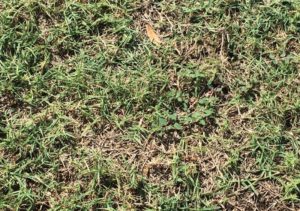
A new factsheet was released to the Extension Content Database on bermudagrass mites. Bermudagrass mites are tiny, worm-like arachnids present …
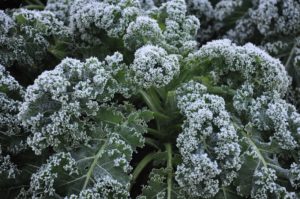
The clear skies and calm winds predicted for this weekend will likely lead to freeze or frost conditions in …

The outbreak of COVID-19 is undoubtedly stressful for everyone in our community – from residents to businesses alike. Fear …
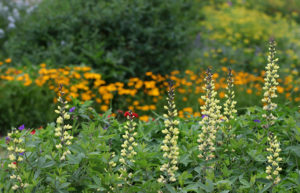
Pollinator Paradise is a Demonstration Garden created by the North Carolina Cooperative Extension, Chatham County Center. Agriculture Agent Debbie …
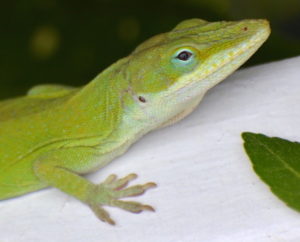
By Wendy Diaz, Extension Master Gardener℠ volunteer in Durham County This article was originally posted on the Extension Master Gardener℠ …
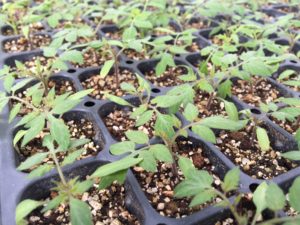
Whether you are a commercial grower or a homeowner wanting to produce your own transplants, avoiding diseases, such as …

They may look small and sweet now, but don’t let your tomato plants fool you. Without proper support, tomatoes …
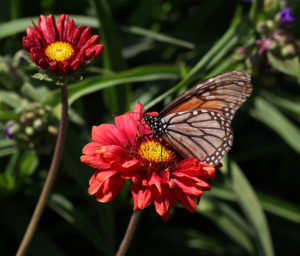
Pollinator Paradise is a Demonstration Garden created by the North Carolina Cooperative Extension, Chatham County Center. Agriculture Agent Debbie …
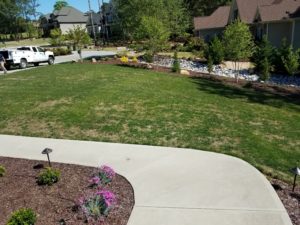
Asco what?! That’s the immediate response I get from turfgrass managers when I tell them I just diagnosed their …
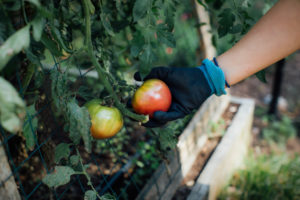
With our last fronts (hopefully!) behind us, it’s finally time to begin planting warm-season fruits and vegetables. Among summer …

Fun, 6-week, online, asynchronous, non-credit courses for gardeners. Learn to describe and identify plants widely used throughout the world! NC …
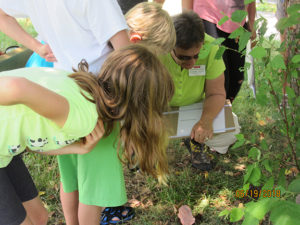
Extension Master Gardener℠ Volunteers in Buncombe County Show Us How Hands-on gardening experiences in childhood can cultivate a life-long appreciation …
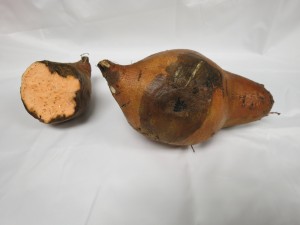
From Madison Stahr and Dr. Lina Quesada-Ocampo The environmental protection agency (EPA) has renewed the specific exemption section 18 emergency …
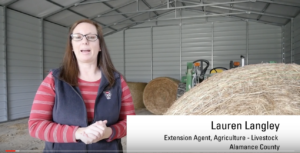
Hay is defined as forage conserved under aerobic dry or limited moisture conditions. Hay is critical to feed livestock during periods …
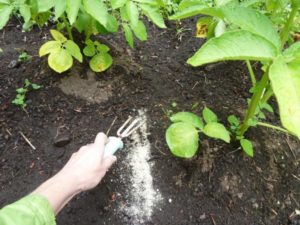
With spring in the air and leaves bursting out of their buds, it’s easy to focus on all of …
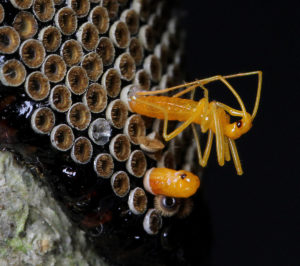
The wheel bug, Arilus cristatus, is North Carolina’s largest assassin bug. It gets its name from the prominent spiny …
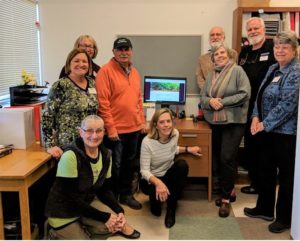
Extension Master Gardener℠ Volunteers in Chatham County Show Us How Chatham County is a rapidly growing community. Over the past decade, …
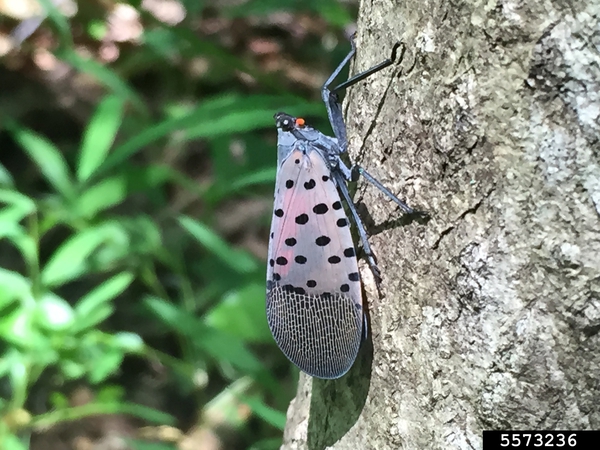
This factsheet offers information on the biology and management of the spotted lanternfly, an invasive …
This guide provides home gardeners with instructions for growing strawberries, blueberries, brambles (blackberries and raspberries), …

An introduction to soil acidity and liming for farmers and gardeners to increase crop income …

You can attract the many butterflies found throughout North Carolina to your backyard by following …
This publication covers insect control in a variety of crops, as well as household pests.
This manual, updated every year, covers pesticide use and safety information, chemical application equipment, fertilizer …
This publication describes restricted-use pesticides, the safe use of pesticides and evaluating the potential for …
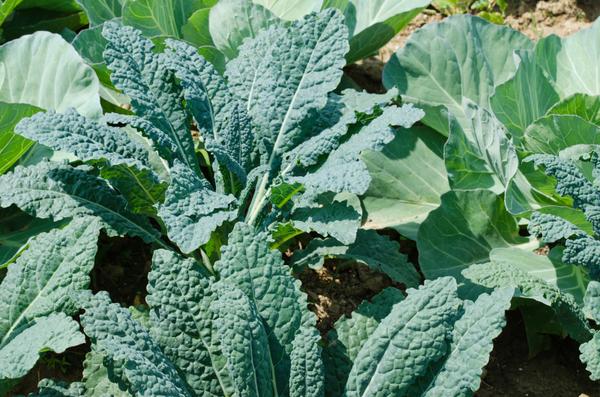
This series of publications provides information about how to grow, harvest, and prepare a variety …